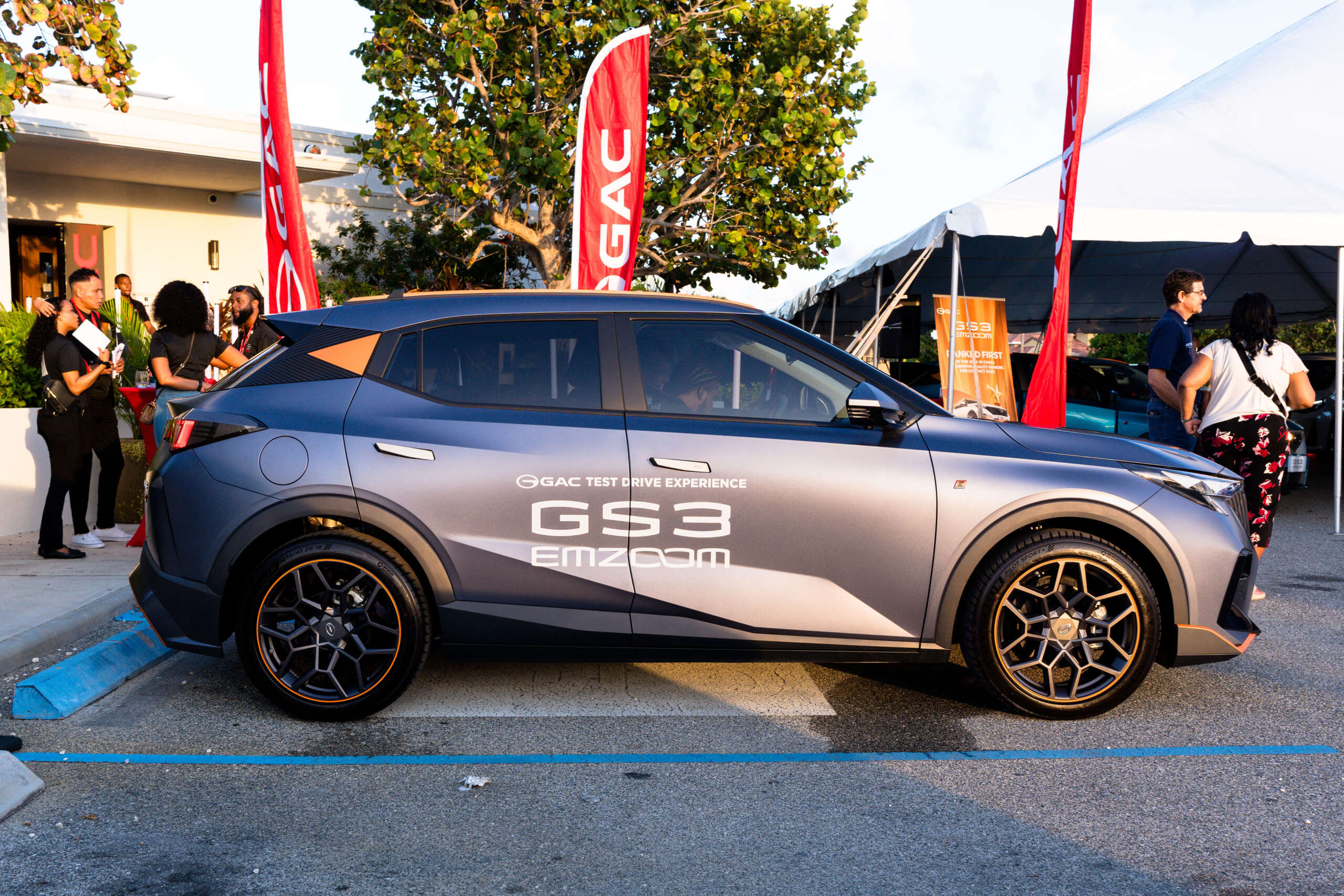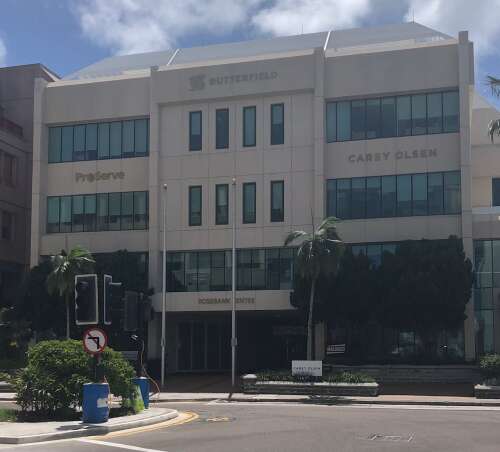Copyright caymancompass

Arch Automotive has brought the GAC Automobile Group Company to the Cayman Islands. The arrival of the Chinese state-owned automaker, which sells more than 2 million cars per year, is part of a global trend and will have a big impact on local auto sales. China’s competitive car advantage In 2023 China overtook Japan to become the world’s largest car exporter. That growth is set to continue with Chinese automakers expected to account for 30% of global car sales by 2030, up from 21% in 2024, according to consultancy Alix Partners. The expansion has been fueled by rising quality and falling price. According to the consultancy’s 2025 Global Automotive Outlook, Chinese cars typically cost 30% less than foreign competitors. In the Americas, China’s increasing auto clout has been most evident in Central and South America, where cheaper Chinese models have gained market share against their traditional European and US rivals. “The Chinese brands really went massively into Central and South America about 10 years ago,” said Taylor Foster, general manager of Arch Automotive, which is part of the Foster Group. But that process has taken longer in the Cayman because of the small size of the domestic market. “Where Central and South America are strong is in their large populations, which allow brands to bring in huge volumes of parts because they have the consumption to support it,” said Taylor. “Here in Cayman, we just don’t have that volume, so it’s harder for brands to break in.” The way GAC has got around the problem is by establishing a large inventory warehouse in Panama. “For maintenance items like cabin filters and brakes, we ship the stock directly from China and store it here,” said Foster. “For larger components and body parts we use the Panama option. And now with Cayman Airlines flying twice a week to Panama, we can get those parts quickly.” Another advantage of Chinese cars coming from Latin American logistics base, is that they won’t be impacted by the volatile US tariff policy. China meets Cayman GAC’s arrives in a Caymanian market that typically sees 1,500 new cars sold per year and already has two other Chinese brands, Changan Automobile and Great Wall Motor. GAC’s Cayman lineup includes a range of SUVS, sedans and electric vehicles and was launched with a party at Bacaro on 24 Oct. “People in the Cayman Islands are family focused, and that’s reflected in their car choices,” said Foster. “I think one of our best sellers will probably be the GS8, a large, seven-passenger SUV. It suits families, especially those who also care for elderly parents – it’s high up and easy to get in and out of. Big SUVs are still very popular here.” Foster also tipped the GS3, a smaller SUV which starts at $23,900 to do well because of its competitive price. China’s biggest strength is in electric vehicles, where its control of global metals smelting and battery manufacture allows it to outcompete European and North American rivals. In 2024 Chinese firm BYD overtook Tesla as the world’s largest EV manufacturer. Arch will be selling GAC electric vehicles in Cayman, but Foster is cautious about the sales growth rate. “Cayman isn’t fully ready as a country for electric vehicles – this is a marathon not a sprint.” Foster points to the infrastructure needed to support widespread EV adoption. “CUC has to manage energy demand. One electric car uses roughly the same amount of energy as a household. If EVs go from the current level of around 3% of vehicles on the road to 20%, that will create a major strain.” Foster also highlighted the issue of EV battery disposal, “We need to look at the whole life cycle of a car when it arrives on our shores”.



